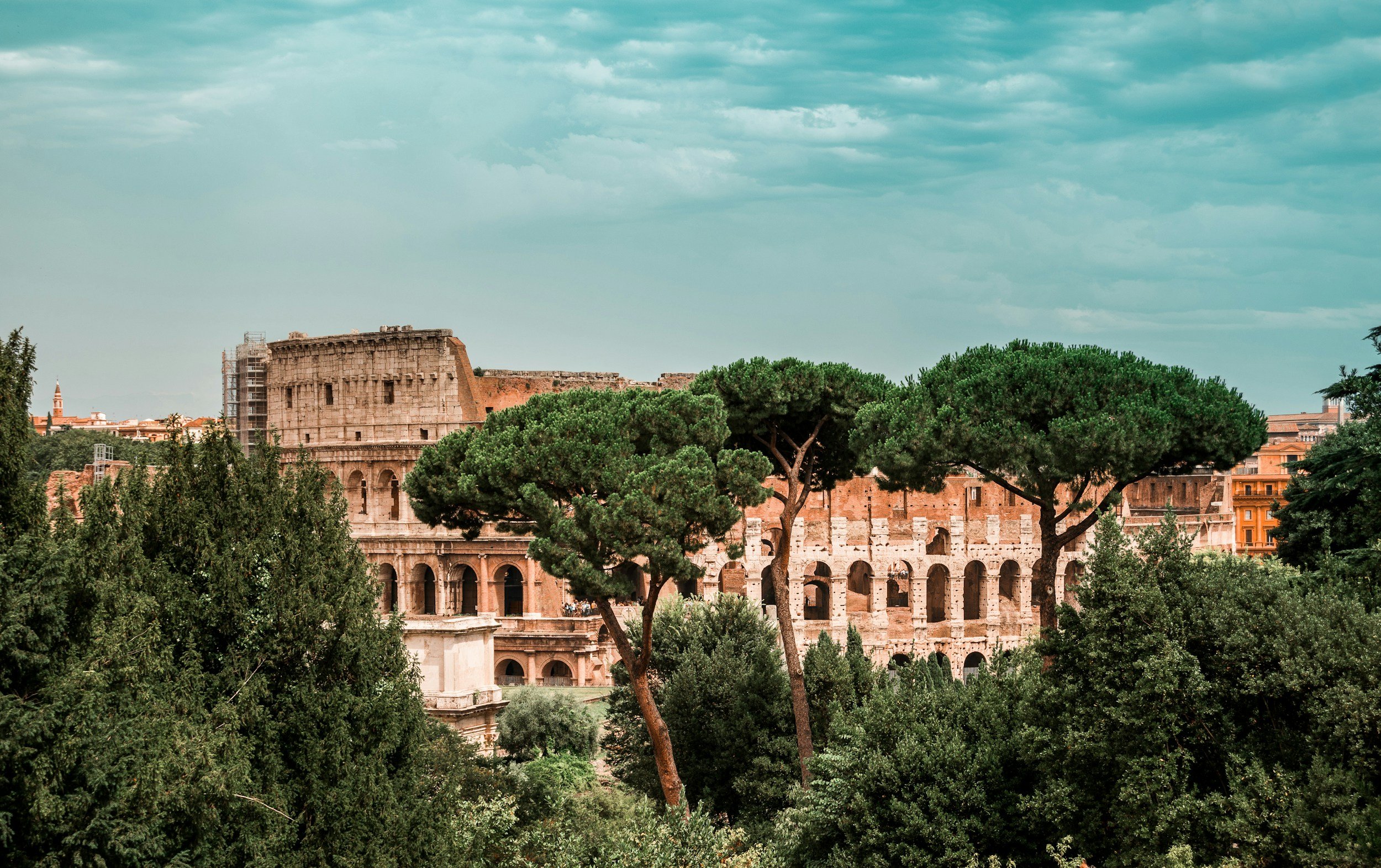
Reader Resources:
An Illuminated Life
Reading Group Guide and Resources
for
An Illuminated Life
Reading Group Questions
1. What does the story about the teddy bear in Chapter 1 tell us about Porter Haven's character? How do you see those characteristics play out in the book?
2. At the end of Chapter 5, Beth says grief is an unreliable narrator. What does she mean by this? What form does grief take for Beth and how does it influence her decisions?
3. In Chapter 9, Beth says that in Assisi, the past is always just below the surface, waiting to erupt. How does the book's setting in the Italian countryside influence the story? How does it relate to Beth's inner conflict?
4. What is the significance of the olive trees in Chapter 8? Do you agree with the lesson Marco takes from the trees about how to live? How does that lesson play out in Marco's life? In Beth's?
5. In Chapter 18, Beth offers a theory about Marco's home life. What does Marco represent for Beth? Do you think she is right about why he stays?
6. In Chapter 15, Porter tells Beth a story about Delia. What role did Delia play in Porter's life? Is there someone in Beth's life who played a similar role? In your life?
7. Beth's uncle David believes there are larger forces at work in the universe than just chance and happenstance. He also believes that some form of tragedy -- what he calls The Chaos -- will touch everyone's life at some point. Do you think David is right?
8. Beth is working on an article about the evolution of the church of Saint Mary over Minerva throughout the novel. What is the significance of the history of this church? Do you agree with Beth's conclusion that everything in life is what you make of it?
9. In Chapter 19, Jenny offers Beth some tough love that could seriously damage their friendship. What does Jenny represent for Beth? How does she influence Beth's decision at the end of the book? Have you ever had to do something similar for a friend?
10. Sloan's existence has the potential to completely derail Porter and Beth's relationship. What characteristics of Sloan mitigate her impact on Porter and Beth's lives? What do you predict for the future of Sloan's relationship with Beth and Porter?
11. Do you agree with Beth's decision at the end of the book? What factors prompted her to make that decision? Do you believe her inner conflict is resolved?
12. What are your predictions for the future of the main characters -- Beth, Porter, Jenny -- as the novel comes to a close?

